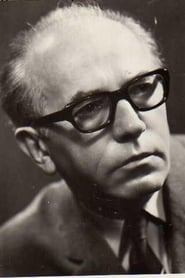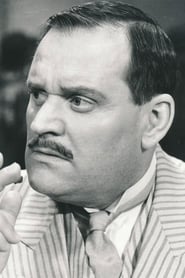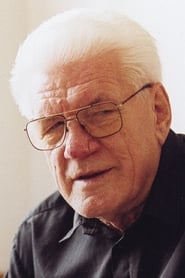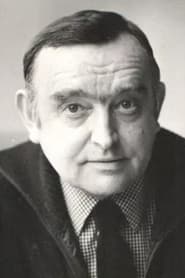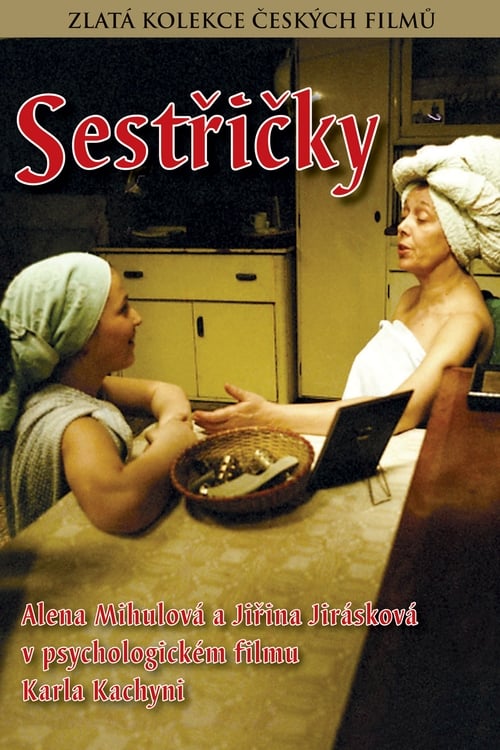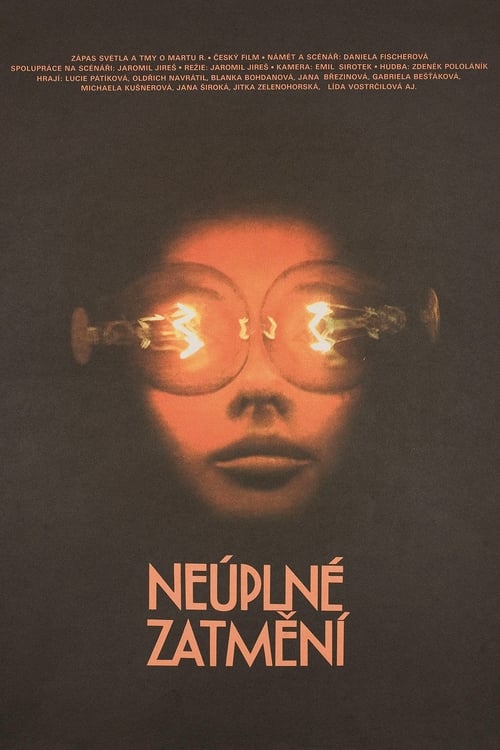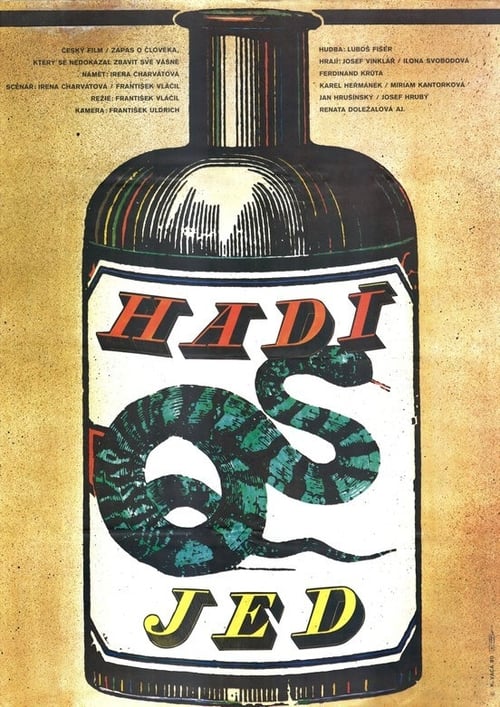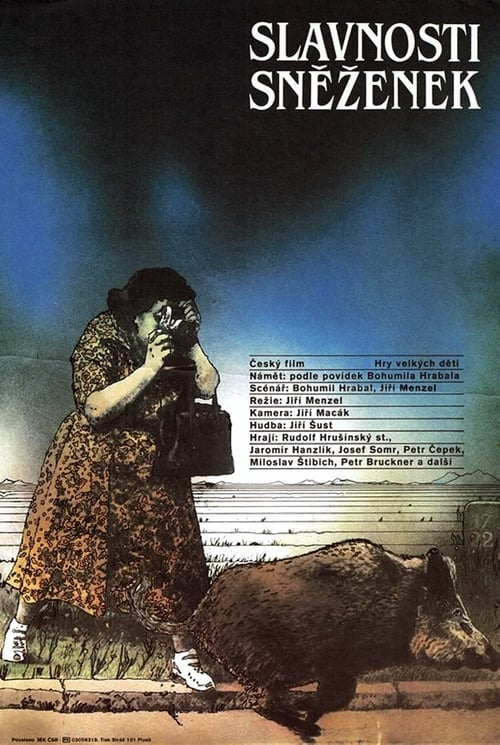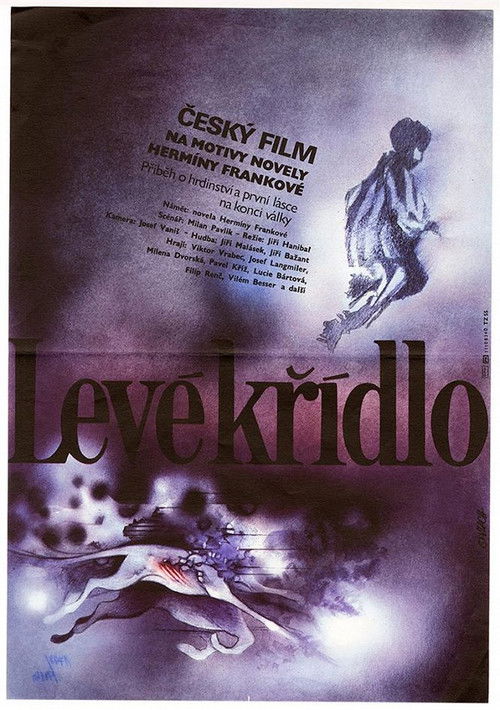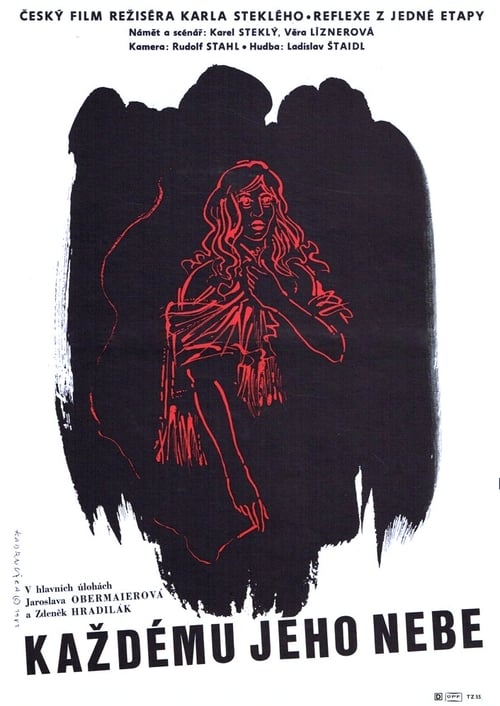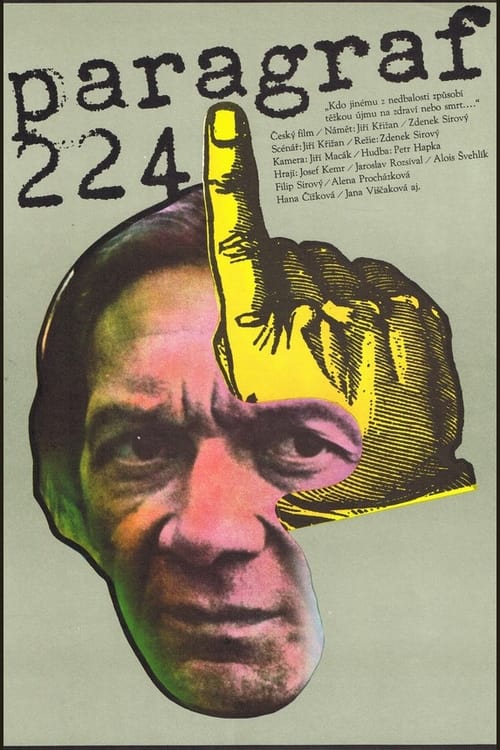No Image
Ask Your Own Question
What is the plot?
The story opens on a somber, gray morning in early 1981, in a modest Czech town where the customs service quietly operates under the watchful eyes of the state. Young customs officer Jan "Honza" Korytář arrives at the funeral of his close friend and colleague, Strnad, who recently died in a tragic car accident. The funeral is a bleak gathering, heavy with muted grief and the austere atmosphere of duty. Honza, dressed in his dark uniform, stands stiffly among the mourners, his face a mask of restrained sorrow. As the coffin is lowered, he catches sight of a man standing apart--his estranged father, whom he has not seen for many years. Their eyes meet briefly, charged with unspoken words and unresolved tension.
This encounter sets the emotional undertone for the unfolding narrative, where personal histories intertwine with professional responsibilities. Honza's father, a retired customs official, approaches him quietly after the ceremony. "Honza, it's been too long," he says, voice low yet firm. "There are things you need to understand about our work--things that go beyond the surface." Honza nods, conflicted but curious.
The film shifts to the customs office, where Honza and his colleagues--seasoned officers including the pragmatic and steady Moučka--are tasked with the vigilant inspection of goods crossing the border. The story reveals the complexities of their work, balancing the mundane with the ever-present threat of smuggling and corruption. Honza is eager but inexperienced, often shadowed by Moučka's seasoned guidance.
Tension escalates when Honza uncovers irregularities in a shipment declared as industrial machinery but suspected to conceal contraband. His investigation leads him into a shadowy underworld of illicit trade, where dollars--not the local currency--are the price of silence and complicity. The phrase "Příjemce platí v dolarech" ("The recipient pays in dollars") becomes a chilling code among smugglers, symbolizing the dangerous stakes involved.
As Honza digs deeper, he faces increasing resistance. Late one night, while examining records at the customs warehouse, he is confronted by a mysterious figure who warns him to stop meddling. "Some things are better left alone, Korytář," the man growls, his breath visible in the cold air. Honza's resolve hardens, but the threat is clear.
The plot thickens with the death of another customs officer, Pavel Moučka's close friend, who is found poisoned in his apartment. The cause is initially ruled accidental, but Honza suspects foul play. He confides in Moučka, who reluctantly admits that the corruption they face is more entrenched than he feared. "This isn't just about smuggling anymore," Moučka says grimly. "It's about survival."
Honza's personal and professional worlds collide when he discovers that his father may have been involved in covering up illicit activities years ago. This revelation shakes him to the core. In a tense confrontation in a dimly lit office, Honza demands answers. "Why didn't you tell me? Were you part of this?" His father's face is weary but resolute. "I did what I had to do to protect you--and the service."
The climax arrives on a stormy night at the border checkpoint. Honza and Moučka coordinate a sting operation to catch the smugglers red-handed during a transfer of illegal currency disguised as legitimate payments. The smugglers, armed and desperate, engage in a brutal firefight. Honza's friend Strnad's death haunts him as he takes cover behind crates, shouting orders over the chaos.
In the melee, Honza faces the mysterious figure who threatened him earlier. The man pulls a gun, but Honza, quick and determined, wrestles him to the ground. The struggle ends with the assailant's fatal fall onto sharp metal beams--his death a grim punctuation to the violence. Moučka is wounded but survives, while several smugglers are arrested or killed.
The aftermath is quiet but heavy. Honza visits the graves of Strnad and the poisoned officer, reflecting on the cost of justice. His father approaches, this time with a tentative smile. "You did well, son. The service is in good hands."
The film closes on a dawn-lit border crossing, where Honza stands watchful yet hopeful, the weight of the past balanced by the promise of integrity. The phrase "Příjemce platí v dolarech" lingers as a reminder of the price paid in shadows, but also of the courage to confront them.
This narrative, though lacking detailed scene-by-scene records, captures the essence of the film's themes: duty, betrayal, and redemption within the austere world of customs officers during a tense period in Czechoslovakia's history. It reveals every major death--Strnad's car accident, the poisoning of Moučka's friend, and the fatal confrontation with the smuggler--and the key revelations about Honza's father's past, culminating in a climactic shootout that tests loyalties and lives.
What is the ending?
In the ending of "Příjemce platí v dolarech," the main character, a man entangled in a web of deceit and financial struggles, faces the consequences of his actions. After a series of tense confrontations and revelations, he ultimately finds himself at a crossroads, forced to confront the reality of his choices. The film concludes with a sense of ambiguity, leaving the audience to ponder the implications of his decisions and the impact on those around him.
As the final scenes unfold, the atmosphere is thick with tension. The protagonist, visibly worn and burdened by guilt, stands in a dimly lit room, surrounded by the remnants of his past decisions. The camera captures the flickering shadows on the walls, mirroring the turmoil within him. He reflects on the relationships he has strained, particularly with his family and friends, who have been affected by his relentless pursuit of financial gain.
In a pivotal moment, he receives a phone call that forces him to confront a former associate, a figure from his past who embodies the consequences of his choices. The conversation is fraught with tension, as accusations and regrets are exchanged. The protagonist's voice trembles with a mix of anger and sorrow, revealing his internal conflict. He grapples with the realization that his actions have not only jeopardized his own future but have also hurt those he cares about.
As the scene shifts, we see the protagonist's family gathered in a small, modest living room. Their expressions are a blend of concern and disappointment. The protagonist enters, and the atmosphere grows heavy with unspoken words. He attempts to explain himself, but the weight of his past decisions hangs in the air, creating a chasm between him and his loved ones. The camera lingers on their faces, capturing the pain and disillusionment that has taken root in their relationships.
In the final moments, the protagonist makes a choice that signifies a turning point. He decides to take responsibility for his actions, acknowledging the hurt he has caused. This decision is not met with immediate forgiveness, but rather a cautious hope for reconciliation. The film closes with a shot of the protagonist standing alone, looking out a window as the sun sets, symbolizing both an ending and a new beginning. The audience is left with a lingering sense of uncertainty about his future and the potential for redemption.
The fate of the main characters is left open-ended. The protagonist is on a path toward self-discovery and accountability, while his family remains in a state of cautious hope, unsure of what the future holds. The film concludes without clear resolutions, emphasizing the complexity of human relationships and the long-lasting effects of one's choices.
Is there a post-credit scene?
The movie "Příjemce platí v dolarech," produced in 1981, does not feature a post-credit scene. The film concludes its narrative without any additional scenes or content after the credits roll. The story wraps up in a way that leaves the audience with a sense of closure regarding the characters and their journeys, focusing on the themes and resolutions presented throughout the film.
Who is the main character in Příjemce platí v dolarech and what motivates their actions throughout the film?
The main character in Příjemce platí v dolarech is a man named Pavel, who is driven by a desperate need to secure financial stability for his family. His motivations stem from a deep-seated fear of poverty and a desire to provide a better life for his loved ones. Throughout the film, Pavel's internal struggle is depicted through his increasingly risky decisions as he navigates the world of money laundering.
What role does the character of the American businessman play in the plot?
The American businessman serves as a pivotal character in Příjemce platí v dolarech, representing both opportunity and danger for Pavel. He initially appears as a potential ally, offering Pavel a chance to earn quick money through dubious means. However, as the story unfolds, the businessman becomes a symbol of the moral dilemmas Pavel faces, ultimately leading him to question his own values and the lengths he is willing to go to achieve his goals.
How does the relationship between Pavel and his wife evolve throughout the film?
Pavel's relationship with his wife, Jana, is central to the narrative. Initially, they share a bond rooted in love and mutual support, but as Pavel becomes increasingly consumed by his schemes, tension arises. Jana's growing concern for their family's safety and her disapproval of Pavel's choices create emotional rifts. The evolution of their relationship highlights the strain that financial desperation can place on personal connections.
What specific challenges does Pavel face in his attempts to launder money?
Pavel encounters numerous challenges in his attempts to launder money, including navigating the complexities of illegal transactions, evading law enforcement, and dealing with untrustworthy associates. Each step he takes is fraught with tension, as he must constantly outsmart those who would expose him. The film vividly portrays his escalating anxiety and the moral compromises he makes, showcasing the psychological toll of his actions.
What is the significance of the setting in Příjemce platí v dolarech, particularly in relation to Pavel's journey?
The setting of Příjemce platí v dolarech plays a crucial role in reflecting Pavel's internal struggles. The film is set against the backdrop of a gritty urban landscape, filled with shadows and uncertainty, mirroring Pavel's descent into the criminal underworld. The contrasting environments, from his modest home to the opulent locations of illicit deals, emphasize the disparity between his aspirations and the reality of his choices, enhancing the emotional weight of his journey.
Is this family friendly?
"Příjemce platí v dolarech," produced in 1981, is a film that may not be considered entirely family-friendly due to several elements that could be objectionable or upsetting for children or sensitive viewers.
-
Themes of Crime and Deception: The film revolves around themes of financial fraud and deception, which may be complex and unsettling for younger audiences to understand.
-
Emotional Turmoil: Characters experience significant emotional distress, including betrayal and desperation, which could be intense for sensitive viewers.
-
Conflict and Tension: There are scenes that depict conflict between characters, which may involve raised voices or confrontational situations that could be distressing.
-
Moral Ambiguity: The characters often operate in morally gray areas, which might confuse younger viewers about right and wrong.
-
Dramatic Situations: The film includes moments of high tension that could evoke anxiety, particularly in scenes where characters face dire consequences for their actions.
These aspects may not be suitable for all children and could provoke discomfort in sensitive individuals.


